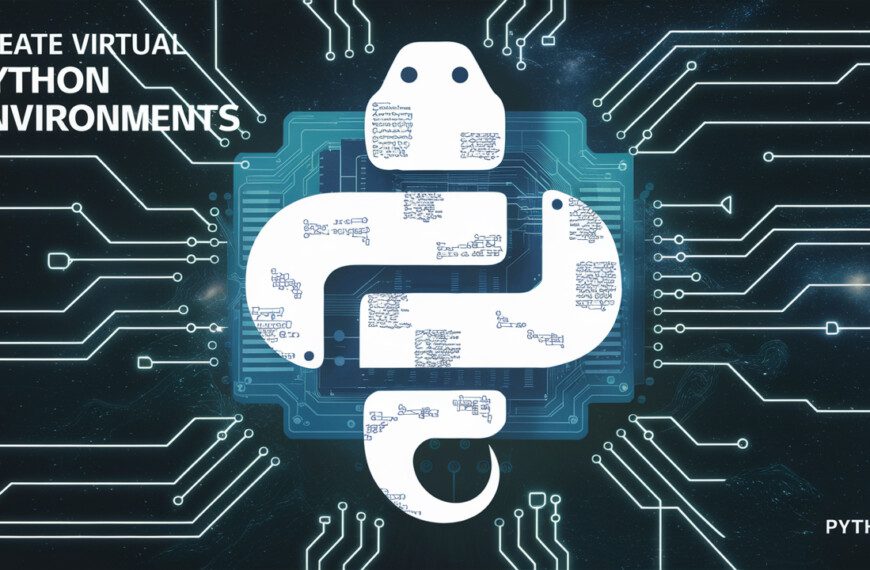In the mystical land of Byzantium, a city stood tall and proud, surrounded by mighty generals and their armies. These generals were entrusted with a crucial task: to decide whether they should launch an attack on a neighboring city or strategically retreat. Victory hinged on their unity, but they faced a daunting challenge – the presence of traitorous generals among them.
You see, some generals had ambitions of their own, and they were not to be trusted. They were like shadows lurking in the darkness, ready to sow discord and confusion. To make matters worse, the messengers who carried their messages to and fro were an unpredictable lot, prone to forgetting, misinterpreting, or even tampering with the generals’ orders.
As tension mounted, the loyal generals knew they had to find a way to reach a unanimous decision. But how could they do it? They couldn’t trust all their comrades, nor could they rely on the messengers.
So began the epic struggle of the Byzantine Generals’ Problem, a tale of cunning, strategy, and unwavering determination. The loyal generals knew they had to outsmart the traitors and devise a way to communicate their intentions without falling victim to the chaos caused by deceitful messages.
With their intellect and resilience, they crafted a plan. They would send messages to each other, revealing their choices – attack or retreat. And they would do it repeatedly, sending their decisions to one another and evaluating the majority decision. But there was a twist. They wouldn’t simply trust the first message they received. Instead, they would rely on the majority consensus among the messages.
As the messengers raced back and forth, carrying messages that sometimes contradicted each other, the loyal generals held their ground. They counted the votes, so to speak, and found that by doing so repeatedly, they could identify the true consensus, even if some messages were false or misleading.
With patience and diligence, the loyal generals succeeded. They achieved consensus among themselves, regardless of the tricks played by the traitorous generals and the unreliable messengers. And when they finally made their collective decision, they did so with unwavering unity, ensuring that their city’s fate was sealed.
But the story of the Byzantine Generals’ Problem did not end with that victory in ancient Byzantium. It transcended time and found renewed relevance in the age of technology, particularly in the realm of blockchain and decentralized trust.
In today’s interconnected digital world, where trust is not bestowed upon a central authority, the challenges of Byzantine failures and unreliable communication channels persist. In blockchain technology, nodes or computers participate in a distributed network to validate transactions and maintain the integrity of a ledger. Just like those Byzantine generals, these nodes must reach a consensus on the validity of transactions.
The story of the Byzantine Generals’ Problem serves as a powerful metaphor for the challenges faced by blockchain networks. Malicious nodes can send false information or attempt to compromise the network’s security, and communication between nodes can be disrupted or delayed. To address these challenges, modern blockchain platforms employ Byzantine Fault Tolerant (BFT) consensus algorithms.
BFT algorithms, inspired by the ancient generals’ ingenious approach, enable blockchain networks to reach consensus even when some nodes are behaving maliciously or when communication is unreliable. These algorithms, like the loyal generals of old, rely on repeated communication and consensus-building to ensure the security and trustworthiness of the blockchain.
So, the legacy of the Byzantine Generals’ Problem lives on, reminding us that in a world of decentralized trust and distributed systems, the quest for consensus and security remains as vital as ever. Just as those ancient generals found a way to triumph over adversity, today’s blockchain pioneers draw inspiration from their timeless tale to forge a path towards trust and reliability in the digital age.









